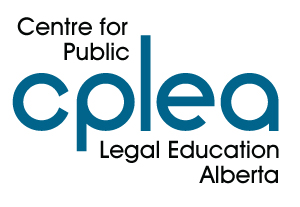The site is the first Canadian student program to be conceived, designed and produced by judges. It is a multimedia educational program designed for integration into high school social studies, civics and law courses. It introduces students to the role of judges within our judicial system, and encourages exploration of important concepts such as the rule of law, judicial independence and judicial impartiality. The site is made up of three compenents - a teacher's guide, a resource website for teachers and an online interactive program for students.
For resources that are related to the Alberta curriculum, see LawCentralSchools.
Canada/Federal
This page points to resources about copyright and patents across the WIPO website, which may be of particular interest to students ranging from upper elementary to university. Resources for younger students include a set of comic books.
Casting your ballot lets you speak your mind. It lets you be heard. This site shows you how. It’s loaded with information for anyone who wants to know how elections work. You can look up the answers to election basics or go deeper to find information on Canada’s electoral system.
The youth justice system affects individuals between the ages of 12 and 17 who get into trouble with the law. The goal of the Department of Justice is to ensure a fair and effective youth justice system. This website provides information on the Youth Criminal Justice Act and links to tools and resources for the classroom.
International
Exploring Humanitarian Law (EHL) is a resource pack for teachers to introduce students aged 13 to 18 to the basic rules of international humanitarian law. It was designed by the International Committee of the Red Cross (CICR). The learning materials, which provide 36 hours of activities, are based on real-life situations and show how IHL aims to protect life and human dignity during armed conflict and prevent and reduce the suffering and devastation caused by war.
An online community that connects youth to find inspiration, access information, get involved, and take action in their local and global communities. Learn about and become involved in issues related to Social justice and human rights, Poverty and globalization, Peace and conflict, Environment, Cultural diversity and equity, Education, Health and wellness. The site also includes a special section for educators.
Developed by The World Bank, Youthink! is a blog for sharing stories and ideas on how young people are shaping the fight against poverty and the future of global development. Topics include education, environment, conflict, health, gender, and globalization. There is also a section for teacher’s resources.








Follow CPLEA